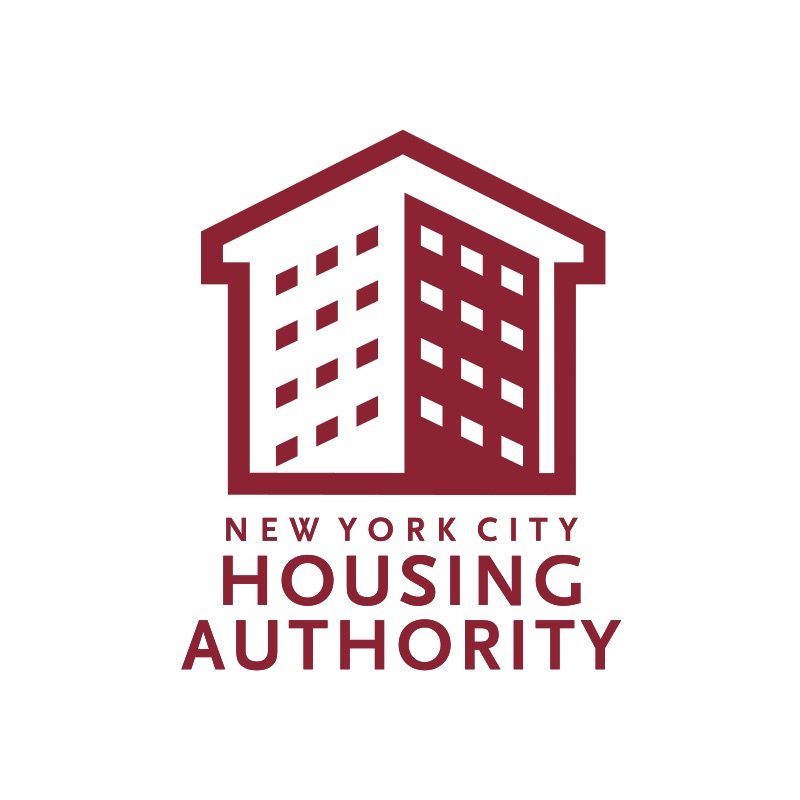New York City Housing Authority residents and activists want state lawmakers to fund a rent relief program in the state’s annual budget that would go towards paying the estimated $466 million NYCHA tenants owe in unpaid rent.
The state’s Emergency Rental Assistance Program (ERAP), launched in 2021 and initially funded by the federal government, was designed to help tenants that had fallen behind on rent payments during the pandemic. But NYCHA residents were put at the very back of the line.
Funding in the state budget
More than 73,000 NYCHA households are currently behind on rent payments, agency officials testified at a City Council hearing earlier in March.
In a press statement on Tuesday, the Housing Authority said “NYCHA submitted more than $128 million worth of ERAP applications on behalf of over 33,000 households, and NYCHA households with pending ERAP applications have amassed more than $240 million in rent arrears without additional assistance.”
The State Senate and Assembly have included $389 million and $385 million, respectively, to fund ERAP in their budget proposals. Gov. Kathy Hochul’s budget proposal included no funding, according to City Limits. The deadline for a final budget agreement is Friday, March 31.
NYCHA says rental payments fund approximately one-third of its operating budget, and that without relief the agency “will be forced to significantly cut expenses and decrease property repairs beginning in 2024.”
The funds are needed to “avoid the process of having to put the residents into the street,” said Jackson Houses Tenant Association President Daniel Barber in a statement.
On Tuesday Barber joined State Assemblymember Linda Rosenthal and State Sen. Brian Kavanaugh at a rally in Albany.
Members of the Citywide Council of NYCHA tenant association presidents will rally outside of Hochul’s Manhattan office on Thursday at noon to reiterate their call for rent relief funding.
Ramona Ferreyra, a longtime resident of Mitchel Houses in Port Morris, and founder of the organization Save Section Nine, said NYCHA residents never should have been effectively excluded from ERAP.
“Because the money was executed by the federal government, it shouldn’t have discriminated against any class of citizens,” she said in an interview with the Mott Haven Herald.
Leaks, repairs and rent strikes
Ferreyra said she thinks the most common reason so many residents have fallen behind is because they had difficulty recertifying when they became unemployed during the first months of the COVID-19 pandemic. NYCHA residents are charged 30% of their income in rent. The amount they pay is adjusted based on their salary at the time of recertification.
“There were changes in household composition as a result of COVID, and then in household income,” she said, adding that NYCHA didn’t make it clear to residents they needed to report those changes. In Ferreyra’s case her grandmother, who lived in the same apartment as her, passed away.
But, Ferreyra said, there are other reasons why tenants might not be paying their rent≥ She, herself, has been on a rent strike for the past two years, as she awaits repairs in her apartment. She cited a leak in the living room, a need for tiles elsewhere, and that her building needs new elevators.
Another resident of Mitchel Houses, who asked to remain anonymous, is also on a rent strike. For them, it’s due to both the lack of repairs and being overcharged for a year and a half while their daughter was still on their lease despite having moved out, they said.
There’s a leak in their bathroom ceiling that’s caused the wall to fall in. You can’t brush your teeth, you can’t take a bath,” they said. “The ceiling is still coming down, so you’ve got to take a bath or shower with the window open–in the wintertime.”
The leak has been a persistent problem since they moved to the apartment in 1997, and past attempts to fix it have never lasted.
The ceiling is also falling above their kitchen stove.
“It’s truly ridiculous,” they said.
While NYCHA says it needs to collect rent funds in order to complete future repairs, this tenant says they aren’t going to pay anything further until their apartment is fixed.
“Whatever their debt is for, that’s their problem because they’re not fixing anything,” they said.

